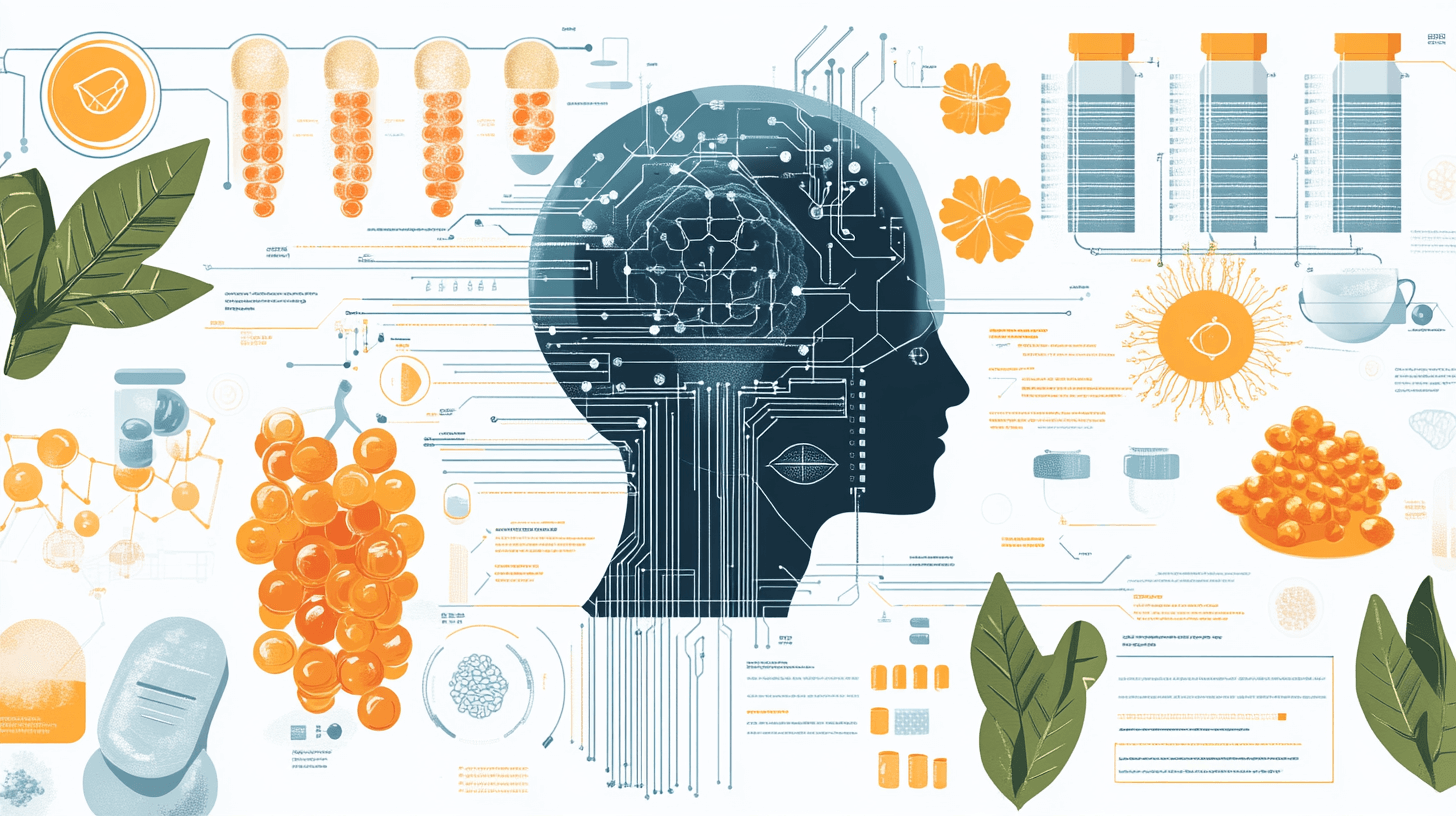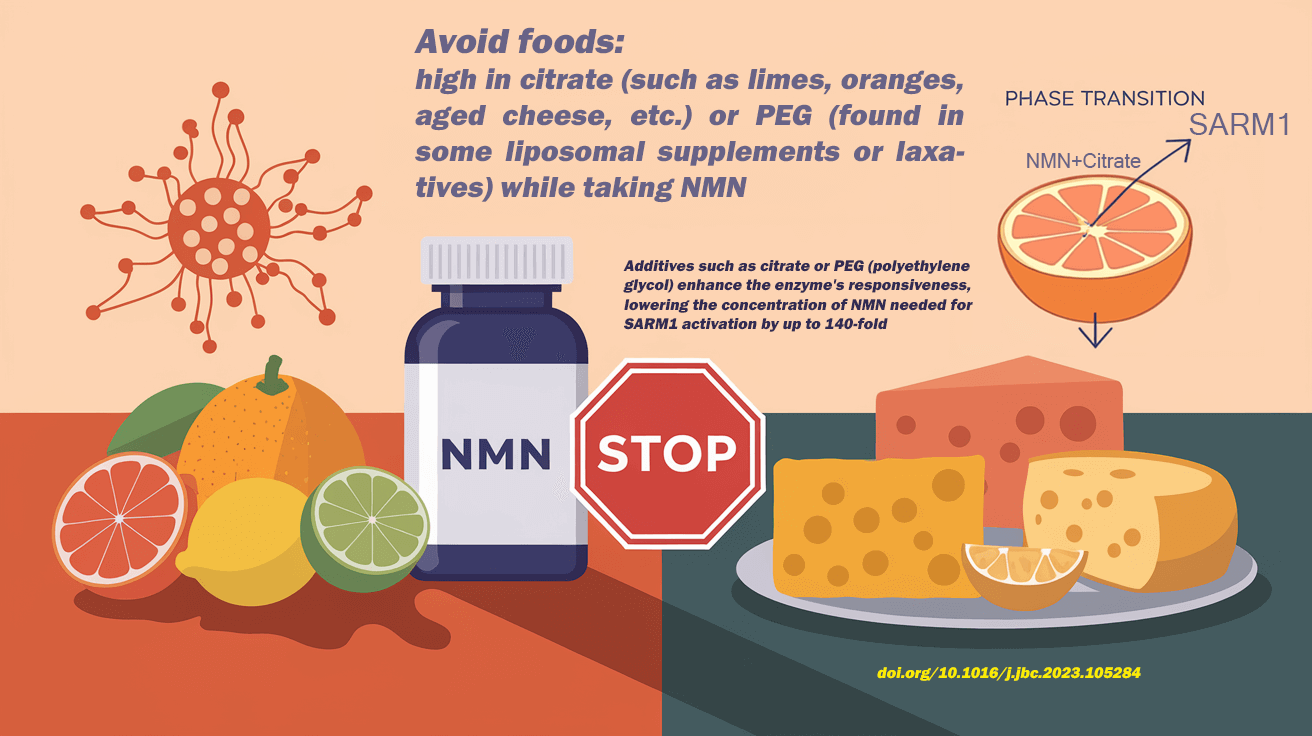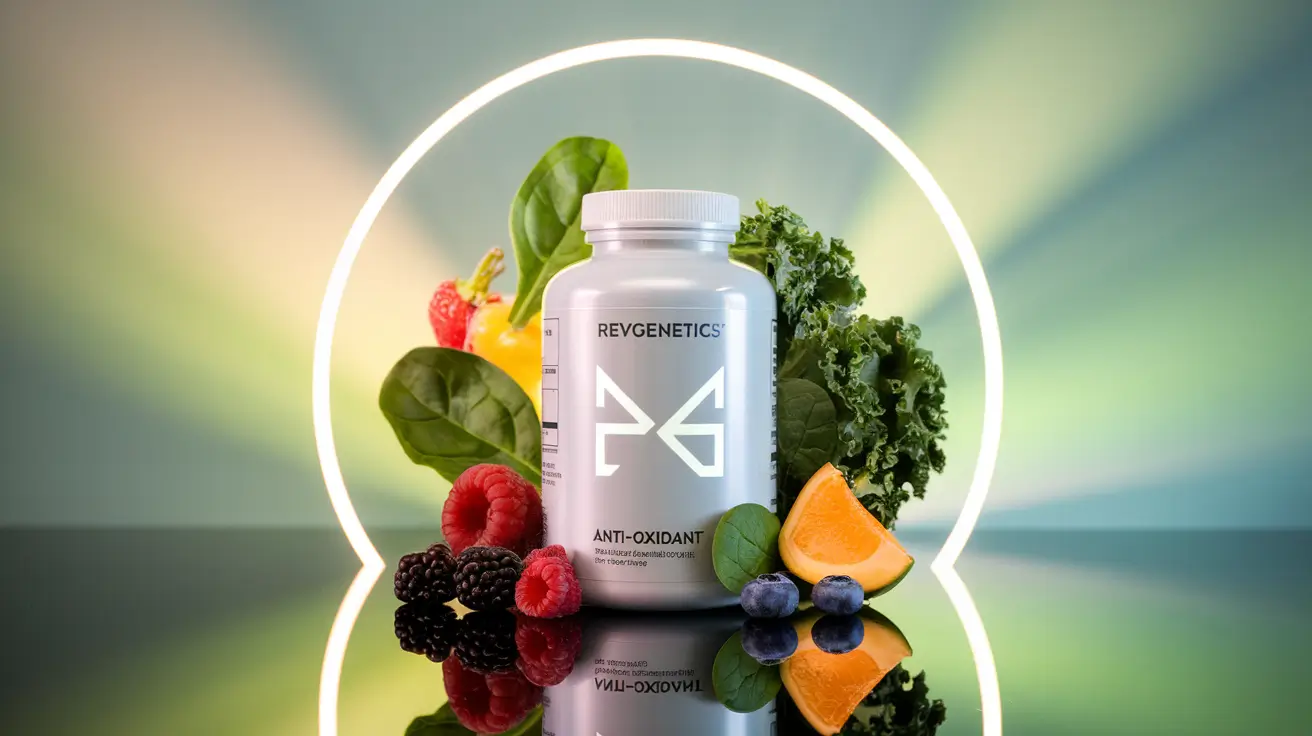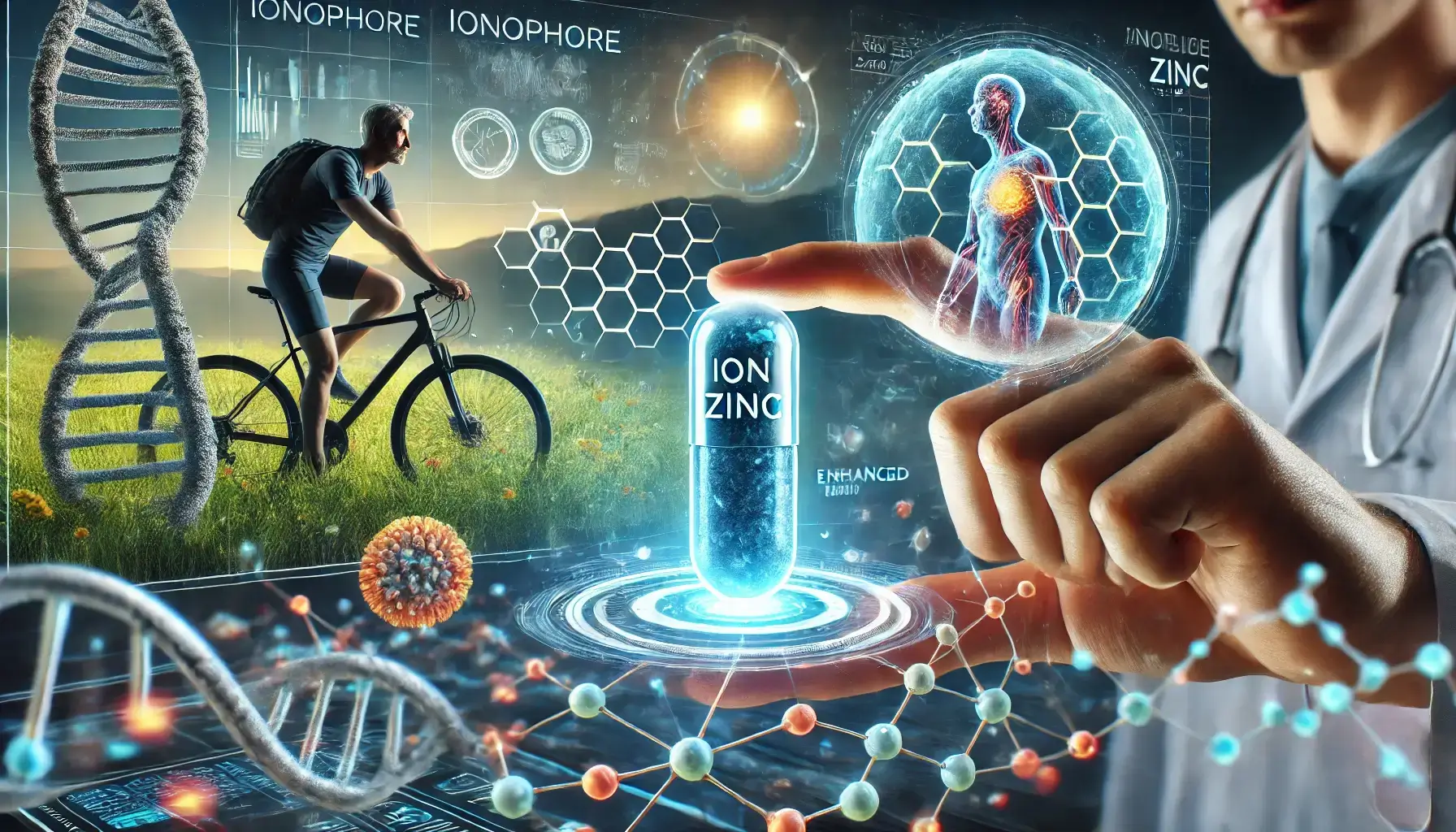Table of Contents
- The Power of Natural Polyphenols: EGCG, Resveratrol, and Curcumin
- How AI is Revolutionizing Cancer Therapy Development
- Case Studies: AI in Action
- The Future of Cancer Treatment: Personalized, Targeted, and Effective
How AI is Set to Provide Anti-Cancer Therapies from Natural Compounds.
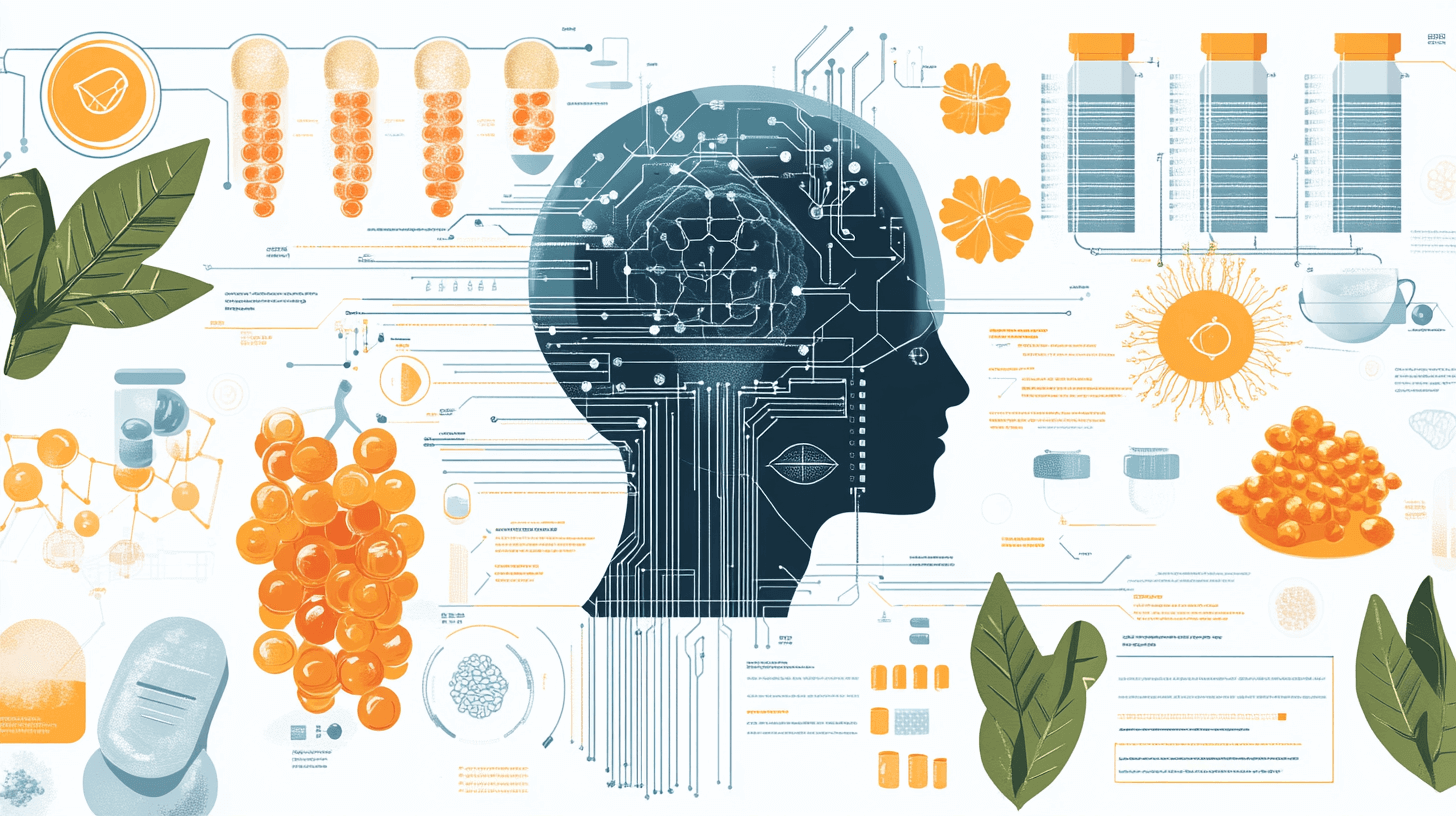
How AI is Set to Provide Anti-Cancer Therapies from Natural Compounds.
In recent years, the rise of artificial intelligence (AI) has been nothing short of revolutionary, touching every aspect of our lives. Now, AI is set to transform the way we approach cancer treatment, particularly by harnessing the power of natural compounds like EGCG, Resveratrol, and Curcumin. These natural polyphenols, known for their potent anti-cancer properties, have long been the focus of scientific research. However, the traditional methods of drug development are slow and labor-intensive. Enter AI—a game-changer that promises to streamline the development of effective, targeted, and personalized therapies. Now a new study gives us a glimpse of how AI is set to be used for polyphenols[1].
The Power of Natural Polyphenols: EGCG, Resveratrol, and Curcumin
EGCG, Resveratrol, and Curcumin are among the most studied natural compounds in the fight against cancer. EGCG, a green tea extract, is renowned for its antioxidant and anti-inflammatory properties. Resveratrol, found in red wine and grapes, has been shown to inhibit the growth of cancer cells and reduce inflammation. Curcumin, the active component in turmeric, is celebrated for its ability to induce cell death in cancerous cells while leaving healthy cells unharmed.
Despite their powerful effects, the development of anti-cancer therapies from these compounds has been hampered by the complexities of their molecular structures and the variability of their effects on different types of cancer. This is where AI comes into play, offering a new approach to drug development that is faster, more efficient, and capable of unlocking the full potential of these natural compounds.
How AI is Revolutionizing Cancer Therapy Development
AI excels at processing vast amounts of data, identifying patterns, and making predictions—capabilities that are particularly useful in drug discovery. By applying AI to the development of EGCG, Resveratrol, and Curcumin-based therapies, researchers can quickly identify the most promising compounds, predict their effectiveness, and optimize their formulations. This not only accelerates the drug development process but also increases the likelihood of success in clinical trials.
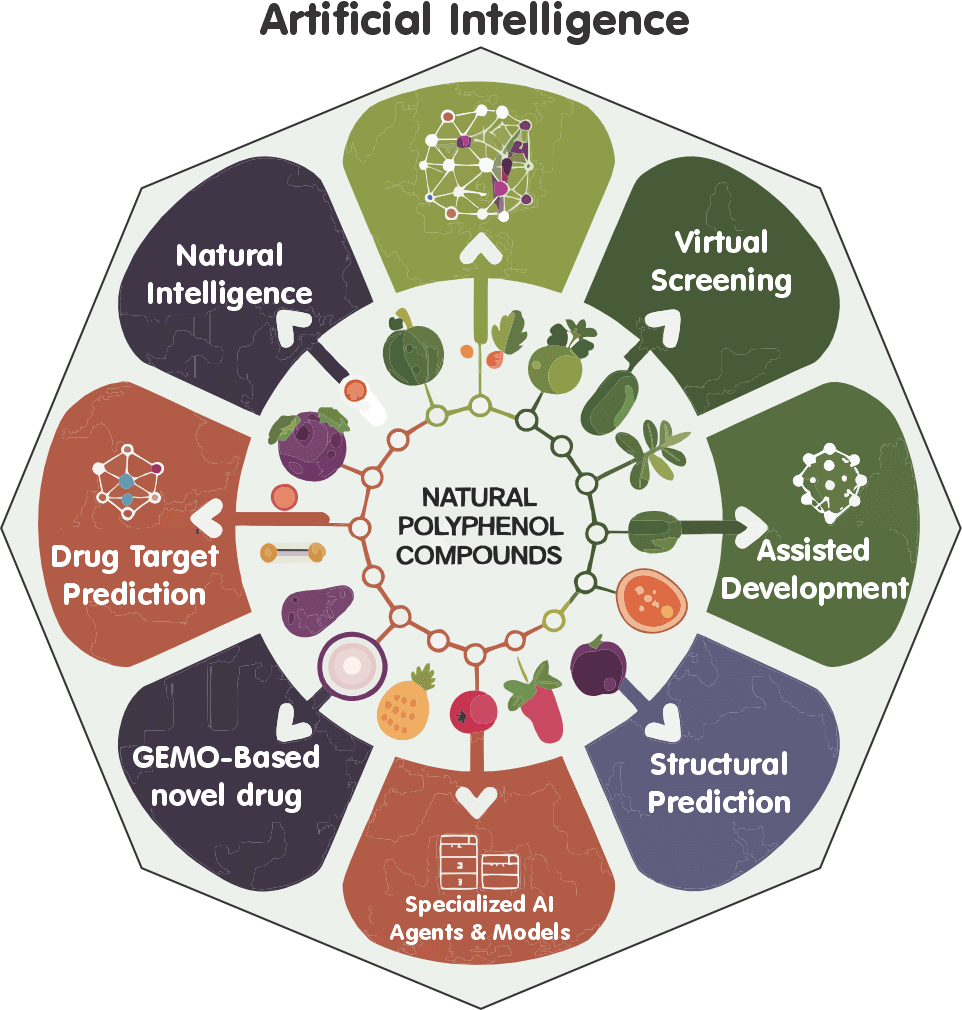 Image Caption
Image CaptionFor instance, AI can be used to simulate how these compounds interact with cancer cells, predicting which molecular structures will be most effective in halting the progression of the disease. Additionally, AI-driven models can be employed to design new derivatives of these compounds that are more potent or have better bioavailability, addressing some of the key challenges in natural compound-based therapies.
Case Studies: AI in Action
Recent studies have demonstrated the power of AI in drug development. In one study, AI was used to predict the anti-cancer effects of Resveratrol in combination with other natural compounds, leading to the discovery of new, more effective treatment regimens. Similarly, AI models have identified novel uses for EGCG and Curcumin in targeting specific types of cancer, such as breast and colorectal cancers, where traditional therapies have failed.
These advancements highlight the potential of AI not just in developing new drugs but in repurposing existing compounds, making them more effective and accessible to a broader range of patients. The integration of AI into this process means that we are likely to see a new generation of cancer therapies that are more personalized, targeting the unique genetic and molecular profile of each patient's cancer.
The Future of Cancer Treatment: Personalized, Targeted, and Effective
The future of cancer treatment lies in personalization—developing therapies that are tailored to the individual characteristics of each patient's cancer. AI is at the forefront of this shift, enabling researchers to design treatments that are not only more effective but also have fewer side effects.
For those over 35, the prospect of developing cancer can be particularly concerning, but with advancements in AI and natural compound-based therapies, the outlook is becoming increasingly optimistic. The combination of polyphenols such as EGCG, Resveratrol, and Curcumin based research may offer a powerful, natural approach to cancer prevention and treatment, and AI is the key to unlocking their full potential.
Are you ready to take the next step in your health journey? Explore the benefits of EGCG, Resveratrol, and Curcumin by trying the worlds best absorption supplements at RevGenetics. Check out our RevGenetics 800 mg of EGCG, MicroResveratrol And MetaCurcumin—a powerful set of products designed to support your body's natural defenses.
Learn More

